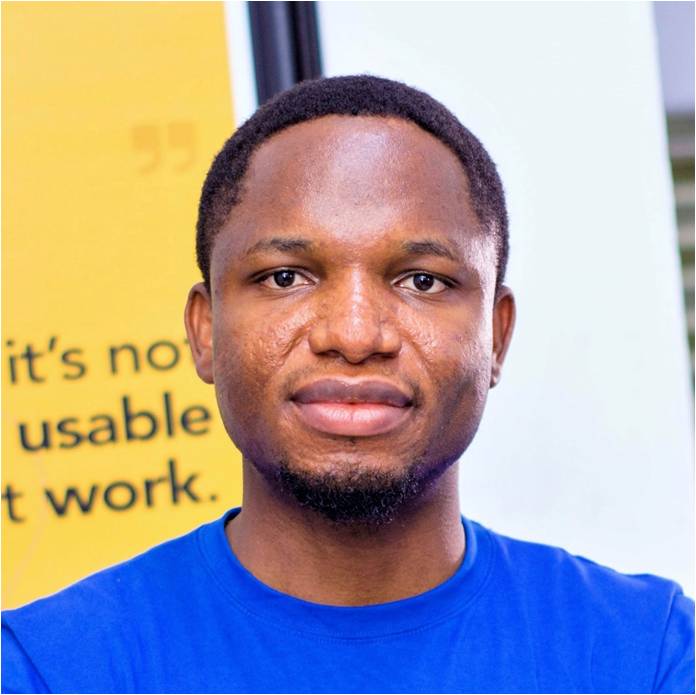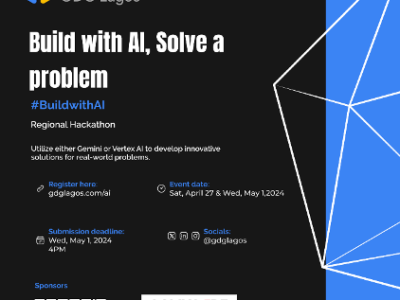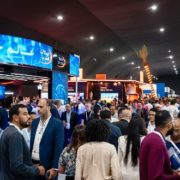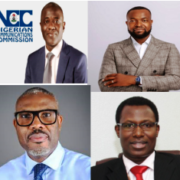Sokari Gillis-Harry, CEO of Sprint Innovation Hub (Sprinthub), Rivers State, speaks on how the indigenous software industry is increasingly gaining grounds and why the ICT ecosystem will be a game changer in post COVID-19 Nigeria. He speaks on how Sprinthub, a software development firm, has been able to heighten the value propositions for techie companies in a state largely known for oil and gas centred activities. He shares his thoughts with Anthony Nwosu.
Sprinthub is an IT establishment. When you start operations?
We started in July 2018. The name Sprinthub comes from our agile approach. We break down an idea down to its most valuable and essential components. By helping you focus on what really matters, we create a solid foundation for sustainable business success. The end result: a product worth feeling passionate about. To us, engineering mobile app experiences is beyond a job. It’s our way of connecting ambitious entrepreneurs (and businesses) with customers in today’s mobilized world. Though, the journey hasn’t been an easy one, we consider ourselves as start-up but we have a positive outlook to the ecosystem.
Why Rivers State? Many IT and software development firms are based in Lagos, Yaba precisely, why Port Harcourt?
As a service-based company that builds digital products, the need for our customers to meet physically with us is not necessary, if we do exceptional work and deliver on time. We have clients in Europe that will never meet us even if we move to Lagos. In the early days, we had difficulties finding talents because the best talents are moving to Lagos, but we quickly adjusted to a Remote DevOps culture which enabled us to find talents across the globe. At the moment, our Quality Assurance Testers are in Europe. So as an IT firm, we have to leverage on technology in the areas of capacity building and skills outsourcing. We mustn’t be in Lagos, as you said, to scale.
Over the years you have developed many software solutions, how is the capacity building and skill-set in a city known for oil exploration?
It’s amazing the kind of talents that are down here if you pay enough attention. After we started working with remote employees, we found that there are senior software engineers and designers in Port Harcourt and we couldn’t find IT firms that can match their salary. They gave up and applied for remote positions overseas. We were able to get some of them into advisory positions in the company. So, the city isn’t all about oil and energy services, the ICT ecosystem are also busy and burgeoning.
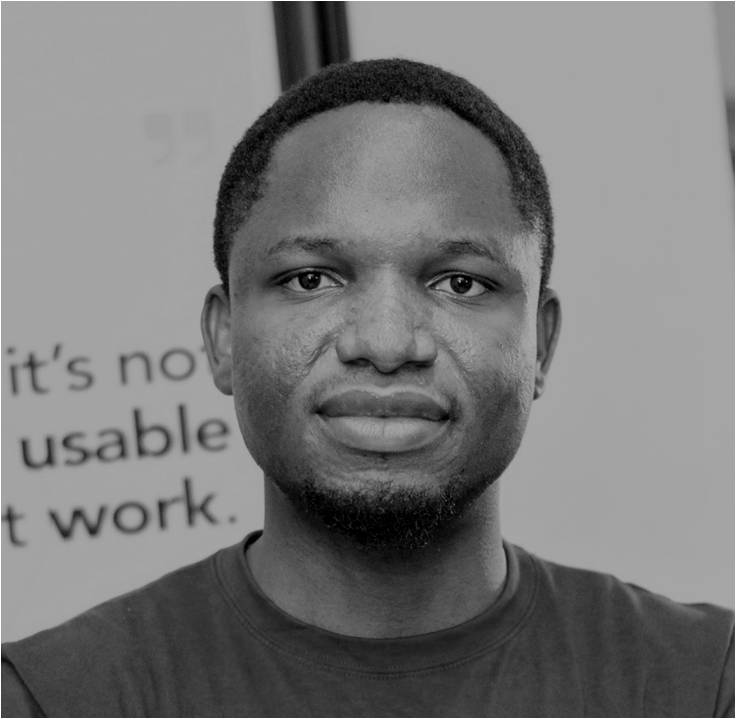

Bhood Music is one of your music and online entertaining apps. What have you achieved with this? A lot of online streaming apps have been accused of short changing the artistes in terms of revenue. What is different about this?
The Bhood Music team approached us to build a platform that will be strictly for religious acapella music. We currently don’t know how much they pay their artists but their users-base has been growing and they have plans to expand to other religious organisations. Ours is to develop bespoke software and solutions for organisations and Bhood Music happens to be one of them.
How many downloads and streaming do you have averagely in a month?
The last time we looked at their dashboard, they had over 1000 downloads per day. We strongly believe that this number would increase, knowing that gospel and acapella type of music is restricted to certain class of audience, it is a niche market and for that application to witness about 1000 downloads per day is a step in the right direction.
Do we have your solutions (software and apps) in other West African Countries?
Currently we don’t. We are working on one that will be available for public beta testing by the end of Q3 2020. We have our eyes in the overseas markets especially the ECOWAS region. We strongly believe that we would be deploying there in no distant future.
Cabby Nigeria is an app designed to give Uber a run for their money. How has this been considering the level of signups and download in Rivers State and Niger Delta region?
Even though I am not allowed to comment on the internal business affairs of our customers, I will say the business of competing against heavily funded companies like Uber is tough, though I see them becoming a major player in Nigeria in the coming years. We strongly believe in their capacity. The market in Nigeria is huge.
“We have clients in Europe that will never meet us even if we move to Lagos. In the early days, we had difficulties finding talents because the best talents are moving to Lagos, but we quickly adjusted to a Remote DevOps culture which enabled us to find talents across the globe.”
What are the challenges that you face doing business in Rivers State and Nigeria as a nation?
Electricity, stable internet and security are the major challenges we have. We have a lot to contend with in these afore mentioned areas. They have eaten deep in our operational expenditure. Internet connectivity is still on the high side in this part of the world especially high-speed internet. These are the teething problems we face. The issue of security is another thing. But we believe that the state with the federal government is doing something in regarding this.
The country is emerging from corona virus pandemic, what are the unique solutions you have that you think would interest Nigerians?
On-demand delivery solutions will become mainstream as we come out of the pandemic. Before, adoption to services like this were difficult but the lockdown left people with no choice but to give these services a try. So as you can see, the social distancing policy by the government will spur growth in this area and we as a software development firm is well positioned to take advantage of this by creating top notch on-demand solutions that are in tandem with what’s applicable in other parts of globe.
As a stakeholder in the industry, do you think that the government is doing anything or much to support indigenous IT firms like yours in terms of policy?
“Electricity, stable internet and security are the major challenges…. They have eaten deep in our operational expenditure. Internet connectivity is still on the high side in this part of the world especially high-speed internet.”
They are doing okay, but there is room for improvement. The recent open bank policy has enabled new fintech businesses with little or no external funding to build solutions that are disrupting the banking sector. There would be a whole lot of disruption from fintechs to eLearning solutions. What the government must do is to create an enabling environment for these. Yes! NITDA has put machinery in motion and we believe that the Minister for Communications and Digital Economy, Dr Isa Ali Pantami, understands what to do in this regard.
Are Nigerians beginning to appreciate locally developed software?
Yes. We have customers that would have hired Indian firms if they did not find us. So we can say yes to your question, but we are not yet there. We are not going to build software so that Nigerians will buy from us or we deploy for them, we believe here that they will buy from us as a Nigerian firm and more importantly, because we built world class solutions for them.


